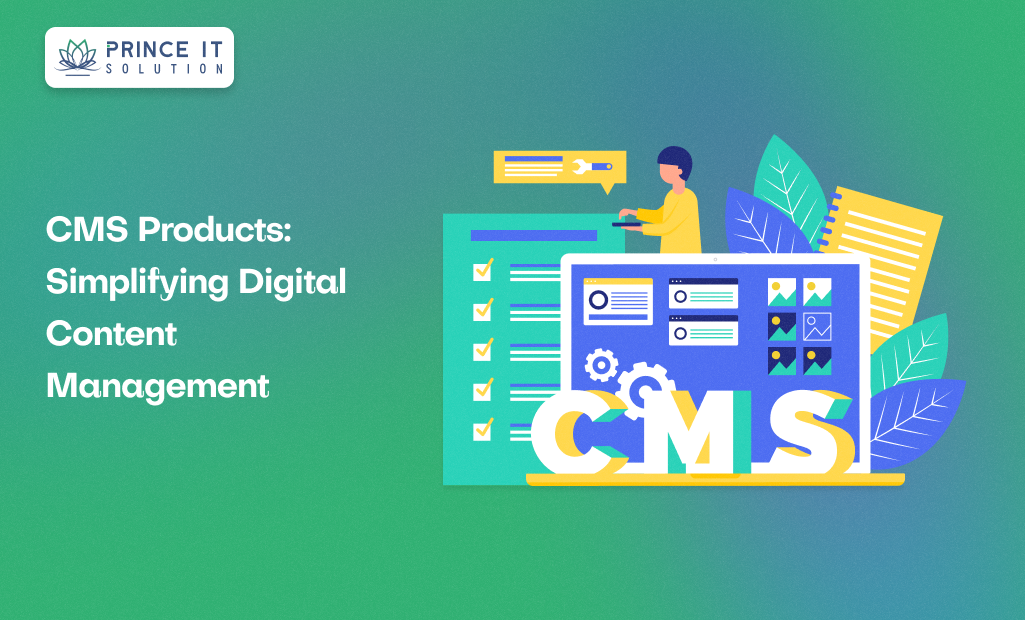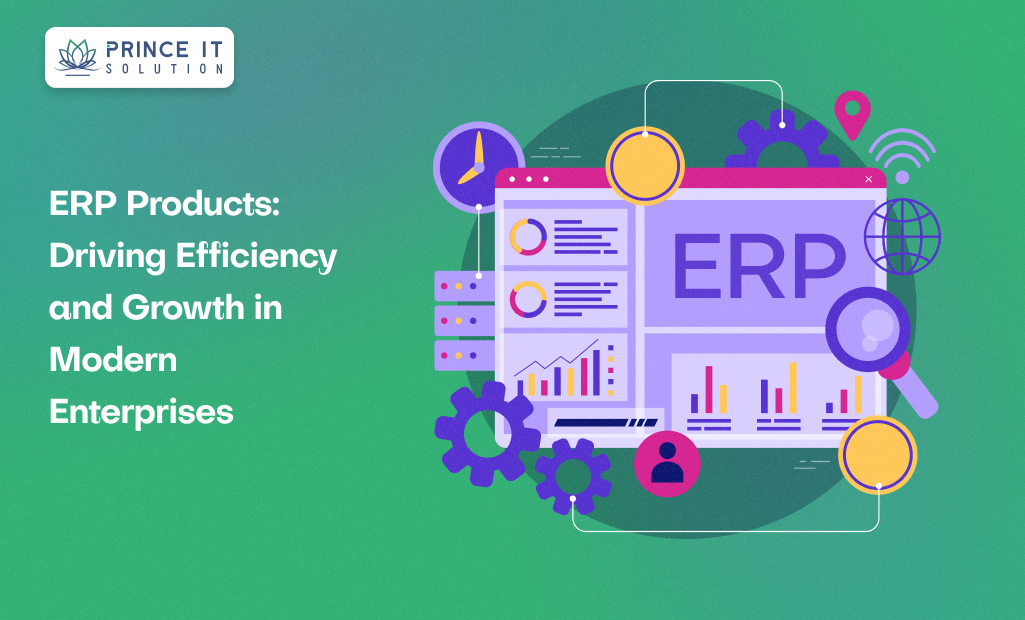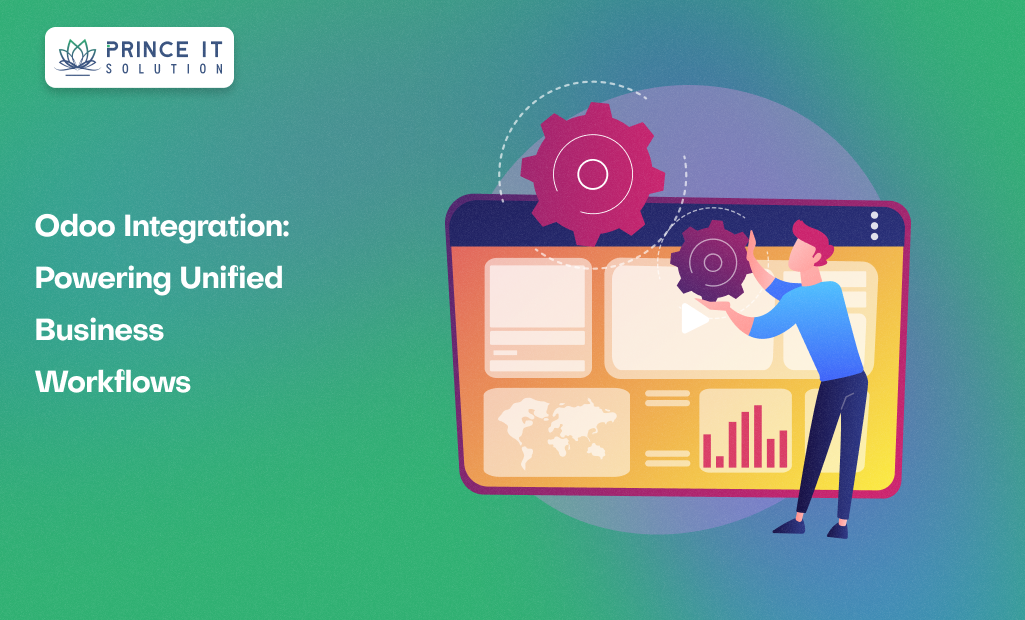Introduction
Content is the backbone of today’s digital world. Whether it’s a business website, e-commerce store, corporate portal, or online magazine, organizations depend on content to communicate, engage, and convert users. However, managing content without the right tools can be time-consuming and chaotic.
This is where Content Management System (CMS) products step in. A CMS provides a centralized platform for creating, managing, and publishing content without requiring advanced coding skills. From startups to global enterprises, CMS products enable businesses to deliver seamless digital experiences while ensuring consistency, flexibility, and scalability.
In this blog, we’ll explore CMS products in depth, their features, benefits, popular platforms, use cases, and the future of content management.
1. What is a CMS Product?
A CMS (Content Management System) is software that allows businesses to create, edit, organize, and publish digital content. Instead of building websites from scratch with HTML or coding, CMS products provide intuitive interfaces where even non-technical users can manage content.
Examples include:
Adding blog posts without writing code.
Updating e-commerce product details with just a few clicks.
Managing multiple websites and users from one dashboard.
2. Core Features of CMS Products
Content Creation Tools – Rich text editors, drag-and-drop builders, and templates.
Media Management – Upload, store, and optimize images, videos, and files.
User Roles & Permissions – Assign roles like admin, editor, and contributor.
SEO Tools – Built-in optimization for titles, meta tags, and URLs.
Themes & Plugins – Extend functionality and customize designs.
Multi-Language Support – Manage content for global audiences.
Analytics Integration – Track user engagement and performance.
3. Benefits of CMS Products
Ease of Use: Non-technical users can manage websites easily.
Collaboration: Multiple team members can work on content simultaneously.
Consistency: Maintain uniform design and branding across pages.
SEO-Friendly: Many CMS tools include SEO plugins to boost rankings.
Scalability: Expand from a single website to enterprise-level portals.
Cost-Effective: Reduce dependency on developers for every update.
4. Popular CMS Products
WordPress – The world’s most popular CMS powering 40%+ of websites.
Drupal – Known for security and flexibility, ideal for enterprises.
Joomla – A balance between WordPress simplicity and Drupal complexity.
Magento (Adobe Commerce) – Best for large-scale e-commerce websites.
Shopify CMS – E-commerce-focused CMS for SMEs.
HubSpot CMS Hub – Marketing-driven CMS with built-in CRM features.
5. Common Use Cases of CMS Products
Corporate Websites – Manage company profiles, services, and news updates.
Blogs & Media Sites – Publish articles, videos, and podcasts.
E-Commerce Stores – Manage product catalogs, inventory, and payments.
Educational Platforms – Host courses, student resources, and e-learning modules.
Government & Non-Profits – Create secure, accessible information portals.
6. CMS vs Traditional Website Development
Traditional Websites – Require manual coding for updates.
CMS Products – Provide user-friendly interfaces, reducing reliance on developers.
Advantages of CMS: Faster time-to-market, lower costs, and easier updates.
7. Best Practices for Using CMS Products
Choose the Right CMS: Pick based on your business model (e.g., Shopify for e-commerce, WordPress for content-heavy sites).
Focus on Security: Regularly update CMS software and plugins.
Customize Wisely: Avoid plugin overload that slows performance.
Optimize Content for SEO: Use keywords, alt tags, and structured data.
Plan for Scalability: Ensure your CMS can handle growth in traffic and content.
8. Challenges of CMS Products
Security Risks: Outdated plugins can create vulnerabilities.
Customization Limits: Some CMS platforms restrict advanced features.
Performance Issues: Improper configurations can slow down websites.
Learning Curve: Some CMSs (like Drupal) require technical expertise.
9. The Future of CMS Products
The CMS landscape is evolving rapidly with new trends:
Headless CMS: Decoupled systems that deliver content across multiple devices (web, mobile, IoT).
AI-Powered CMS: Personalized content recommendations using machine learning.
Voice Search Optimization: CMS platforms optimizing for voice commands.
Content-as-a-Service (CaaS): APIs delivering content wherever needed.
Omnichannel Publishing: Seamless content delivery across social media, apps, and websites.
Conclusion
CMS products have revolutionized how businesses create and deliver digital content. They empower organizations to manage websites efficiently, enhance collaboration, and engage customers with consistent branding.
From WordPress blogs to enterprise-grade Drupal systems, CMS products provide flexibility, scalability, and innovation for every business size. As digital experiences become more personalized and omnichannel, CMS platforms will continue to play a critical role in shaping customer engagement strategies.



